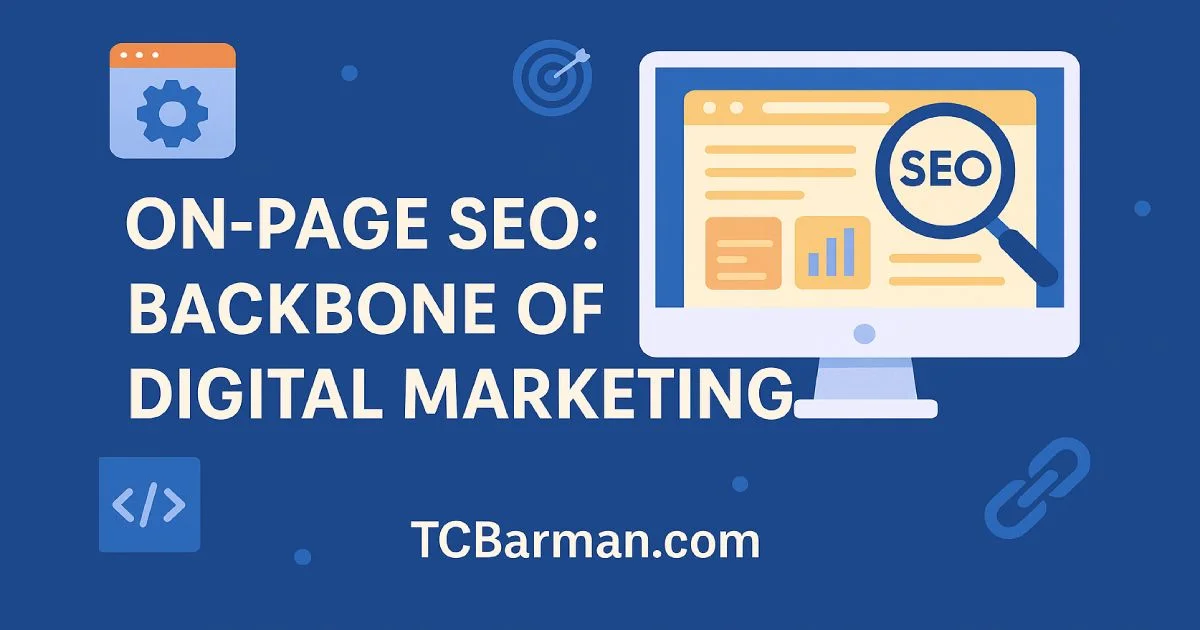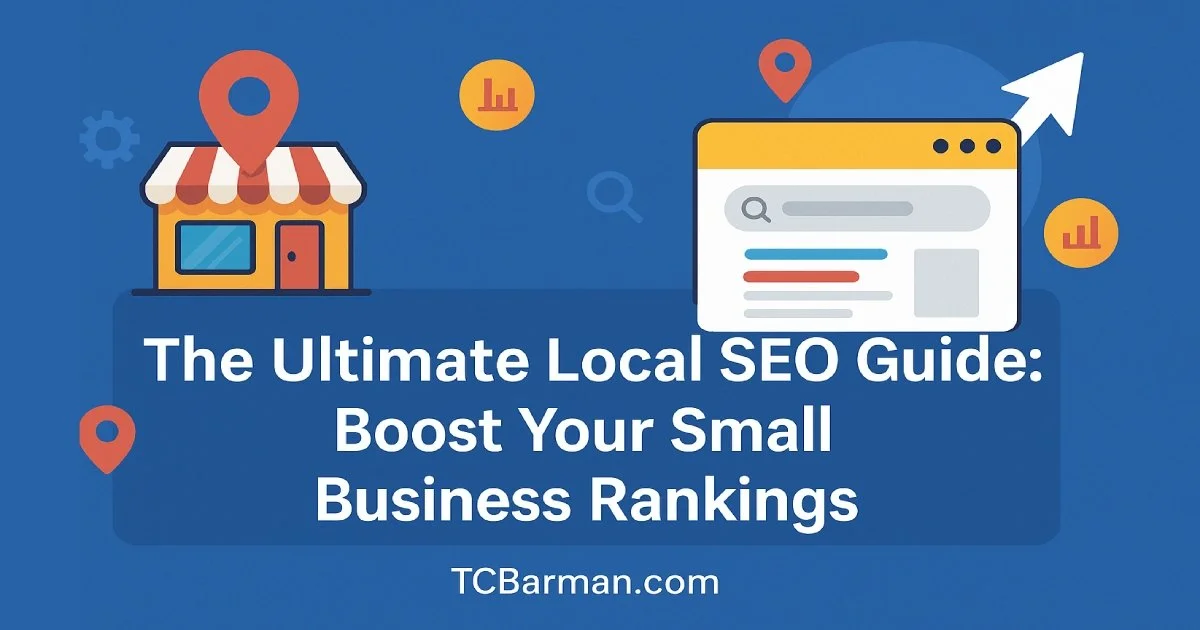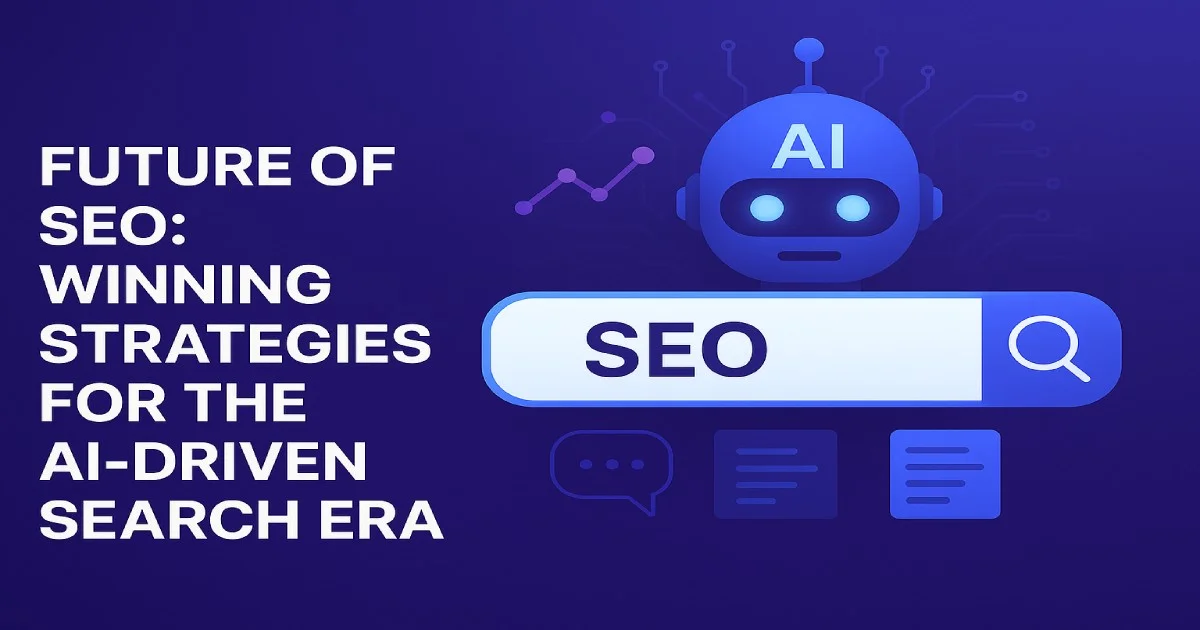Why On-Page SEO is Crucial for Digital Marketing Success
There’s nothing a business wants more than to stay ahead of the competition, and when it comes to the cutthroat digital marketing industry, the weight is on the shoulders of how well your site ranks on search engines. There are many important components to an effective SEO strategy, however, I believe most people would consider on-page SEO the least appreciated.
If you didn’t know the term, on-page SEO is optimizing individual webpages to rank higher and get more relevant traffic. This ranges from keywords to content organization and user experience. On-page SEO is widely considered the lifeblood of digital marketing since this is where it all begins – rankings, visibility, and user experience. For the purpose of this blog post, we will be discussing why on-page SEO is crucial and how it is the crux of a successful digital marketing approach.
What is On-Page SEO?
Before we take a closer look at its significance, what is on-page SEO? On-page SEO refers to the practice of optimizing all the content on your website that you have control over. These include:
- Content: The content on your site and how well it is optimized for keywords.
- HTML Meta tags: Sure, title tags, meta descriptions, H1, H2’s, etc., alt text for images.
- URL Structure: URLs that are clean and easily understandable for both search engines and users.
- Internal Linking: Linking from one page to another within your website to create a natural structure and enhance the browsing experience.
- User Experience (UX): Your website’s page load speed, mobile friendliness, and ease of navigation all contribute to how your website performs on search engines.
- Multimedia Optimization: Utilizing images, videos, and other media from a user experience and SEO viewpoint.
- On-page SEO is literally the act of optimizing individual pages on your website so that they rank higher and earn more relevant traffic in search engines.
On-Page SEO Affects Search Engine Rankings
Clearly, as your business is not the only show in the city, within the street, On-Page SEO has a direct impact on Search Engine Rankings.
The main reason that on-page SEO is the cornerstone of digital marketing is simply that it directly impacts how well your website will rank within search engine results pages (SERPs).
When search bots such as Googlebot examine your site, they’re on the lookout for certain signals that indicate your content is worthwhile and interesting. By optimizing your content and HTML tags for related keywords, you increase your chances of Google ranking your pages higher for those search terms.
Some important on-page SEO factors that affect search engine rankings are:
-
Title Tags: Your page’s title is one of the first things both search engines and people see. A great title tag is keyword optimized and both descriptive and interesting at the same time. This contributes to better CTR (click-through rate) and ranking.
-
Meta Descriptions: Meta descriptions don’t have influence on rankings, though they describe the page in the search results. A perfectly crafted meta description can drive higher CTR and indirectly improve rankings.
-
Header Tags (H1, H2…): These help search engines make sense of your content and decide what’s most important and how it relates to the rest of your page.
-
Internal Linking: Linking to other pages on your site helps to spread “link juice” throughout your website and provides search engines with a clear depiction of what your site is all about.
It’s Just Better for the User Experience and Engagement
User experience (UX) is a major ranking factor of Google search, and on-page SEO contributes to its improvement.
Key UX Factors That Affect On-Page SEO:
-
Page Speed: Slow-loading pages are a huge no-no for users and for SEO. Optimize images, reduce HTTP requests, and enable caching.
-
Mobile-Friendly: Google uses mobile-first indexing. Responsive design, fast loading, and optimized mobile content are critical.
-
Navigation & Interlinking: Intuitive site structure helps users and keeps them engaged longer.
On-Page SEO Brings Targeted Traffic to Your Site Organically
The endgame of SEO is bringing in organic traffic—people who visit your website from search engines, without you having to pay for ads. On-page SEO makes sure you are getting the right audience because this will make your content relevant to user search queries.
For instance, if you’re trying to rank for "best digital marketing strategies," creating and optimizing your page with the most relevant, qualified content around this keyword will be the best way to attract individuals searching for information about digital marketing.
On-Page SEO: There to Help People Read Your Content
One of the biggest roles of on-page SEO is helping search engines comprehend and index your content. Here’s how:
-
Clean URLs: Make sure they are descriptive and SEO-friendly.
-
Image Alt Text: Helps both SEO and accessibility.
-
Structured Data (Schema): Enhances listings in search results with rich snippets.
On-Page SEO Creates Authority, Credibility, and Trustworthiness
When you focus on-page, you are also increasing your search rankings as well as traffic and trustworthiness, and the authority of your website in the eyes of search engines and users.
On-page SEO promotes best practices like proper citation, sourcing, and keeping content fresh, which helps signal to search engines that your site is active and reliable.
Conclusion: The Base of a Good Digital Marketing Strategy
So in short, this is not just an optional piece of your digital marketing—it is the main part. Ranging from ranking, SEO visibility, user experience, and engagement, the on-page SEO is the area where you can make sure your website does well both in the eyes of search engines and the target audience.
In order to remain competitive on the web and impress search engines, driving lots of traffic as well as having a high-quality user experience, you can no longer afford not to take full advantage of on-page SEO.
Get started with on-page SEO now, and see your website climb through the ranks with real benefit to all your visitors!


